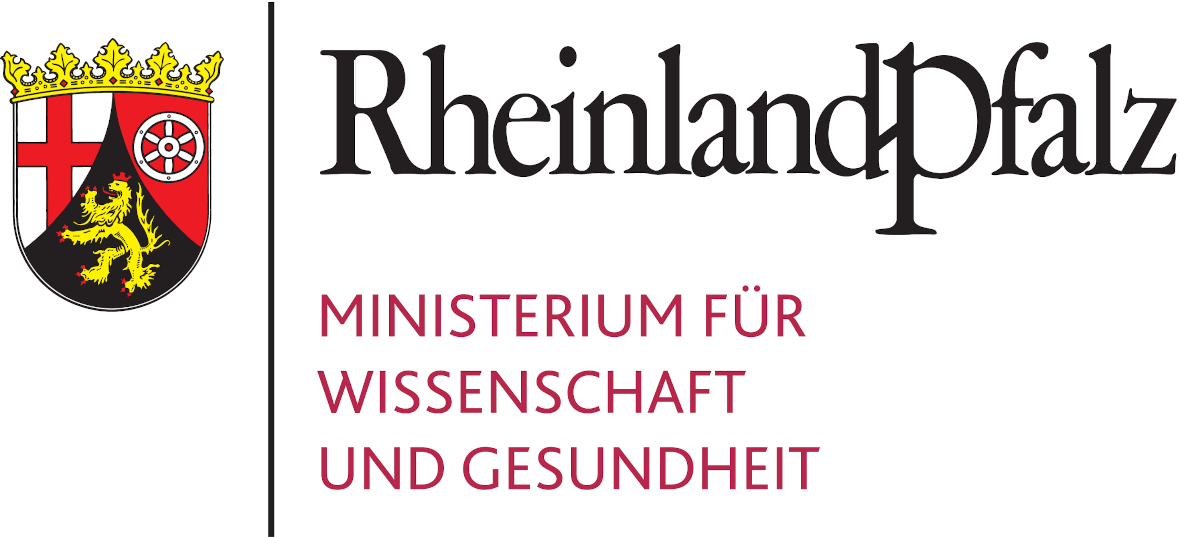International communication and collaboration in the field of history studies first came about at a time when ‘cosmopolitan’ tendencies took institutional form both at the general level – the Hague Peace Conference of 1899 – and on more specific terrain. In fact, the foundation of the International Assocation of Academies dates to 1899, and in 1901 the first Nobel prizes were awarded following a scientific competition regulated by standards defined at international level.
The first international historical congress took place in Paris in 1900, as part of the Universal Exposition, alongside other scientific congresses, and the Olympic Games: indeed, historiography borrowed the form of its international delegations from sport.
When the Society of Diplomatic History organized its congress at The Hague (1898), and when a congress of comparative history was held in Paris in 1900, the phase of the consolidation and growth of the historian’s ‘craft’ was coming to an end, and it was now felt necessary to take stock of the state of the discipline. Methodological discussions on a European scale like the ‘Methodenstreit’, and in general the increasing complexity of historiographical output, as well as organizational and didactic experiences, required historians to interact and to conduct assessments. An interesting symptom of this necessity was the publication, in 1899, of an account of a study journey undertaken by the Belgian historian Paul Fredericq to observe the teaching of history in Germany, France, Scotland, England, Belgium and the Netherlands.
Amid these efforts at coordination, there arose exigencies of communication and bibliographical information, and the need to establish definitive and shared criteria for the editing of sources and texts, and economies of scale in scientific work. A certain amount of attention was paid to these aspects at the historical congress of Rome (1903). But the endeavour to formulate a set of basic rules for scientific production conflicted with historiography’s rootedness in the various national traditions, and with the competitive aspects evident in those first international discussions.
The issue of official languages arose at the first congresses. The question did not concern practical aspects alone, for it also involved the lack of a standardized and immediately translatable lexicon. The absence of overlaps among the semantic fields of certain terminology demonstrated the conditioning exercised by the various national historical traditions. The Berlin academics responsible for organizing the 1908 congress expressed serious doubts. Power conflicts – they declared – were the main topics on the agenda and they could be addressed only within a national perspective. Therefore international venues were unsuited to dealing with such issues. Instead, they should only discuss methodological issues or ancient history, both considered relatively free of national conditionings. It was eventually the Prussian minister, Friedrich Althoff, himself who ordered that the Berlin congress must go ahead. The conference was followed by another important meeting in London in 1913, although the plan to hold the next conference at Saint Petersburg in 1918 proved impracticable.
The overriding problem at the Brussels congress of 1923 was the relationship with Germany; just as during the second post-war period, at Paris in 1950 and then at Rome in 1955, the crucial issue concerned relations with Soviet Europe amid the emergence of new historiographical paradigms.
In 1926 the CISH, the International Committee of Historical Sciences, was constituted in Geneva. Its foundation happened in the same salon at the Palais de l’Athénée in which, in 1863, the Red Cross had been created; and in effect, after the Great War the international community of the historical studies had need of succour. The proposal had been made three years previously at Brussels, the intention being to give permanent organization and an executive structure to the more informal contacts of the pre-war period. Initially, the CISH had nineteen member states, European and North American, and it began publication of a bulletin and an international historical bibliography. The CISH was subsequently flanked by specialized committees for individual sectors of research.
The creation of the CISH also affected the organization of history studies in the member states, because it required the creation of national-level coordination bodies to maintain relationships with the new international institution, which was already highly active during the 1930s, but especially so in the post-war period.
Go back to Historians








